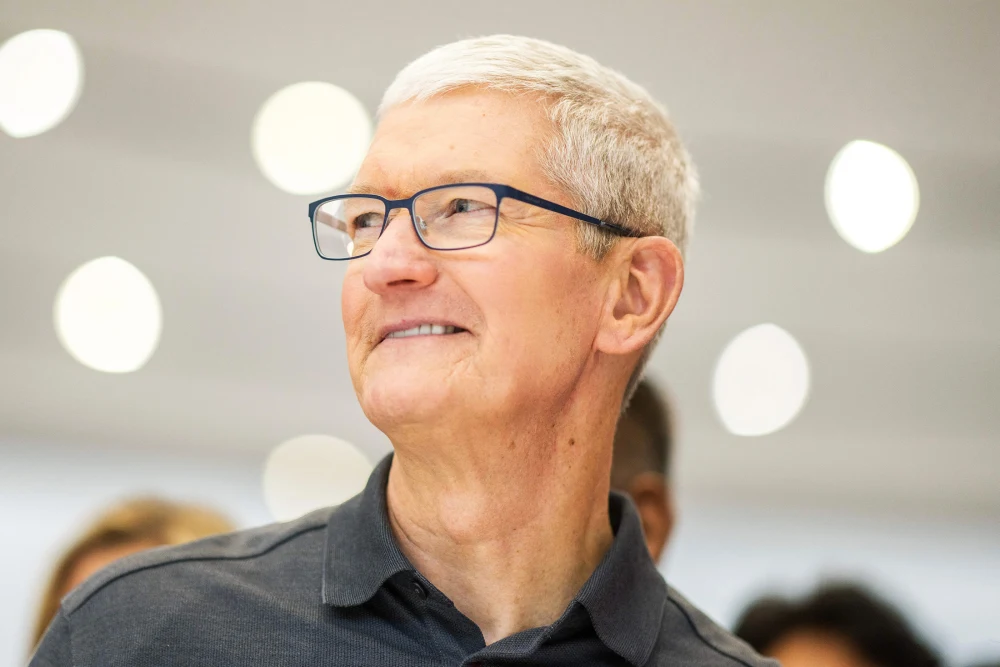Apple shareholders recently voted to keep the company’s diversity, equity, and inclusion (DEI) initiatives in place, rejecting a proposal from a conservative think tank that called for dismantling them.
The vote, held during the company’s annual meeting, was closely watched, especially since many major companies have scaled back or eliminated their DEI programs after President Trump’s executive orders forced federal agencies to do the same.
But Apple wasn’t swayed. Before the vote, shareholders considered a proposal from the National Center for Public Policy Research. The group argued that recent U.S. Supreme Court rulings had created legal risks for DEI programs, citing an increase in related lawsuits. They warned that Apple’s DEI efforts could expose the company to potential legal challenges from employees. However, the final vote tally was not revealed.
Apple fired back with a statement opposing the proposal, saying it was unnecessary. The company emphasized that it already has a solid compliance program in place and that the proposal unfairly sought to limit Apple’s ability to manage its business operations and teams.
This isn’t the first time the conservative group has pushed for such changes. Earlier this year, it asked Costco Wholesale to report on the risks of maintaining its DEI programs. Shareholders overwhelmingly rejected the idea, with 98% voting against it. Costco Chairman Hamilton Tony James defended the company’s commitment to inclusion, saying, “We owe our success to the more than 300,000 employees who serve our members every day. It’s important that they all feel included and appreciated.”
While some big companies like Walmart, Target, Chevrolet, Exxon, and McDonald’s have scaled back or reshaped their DEI programs, others, like Goldman Sachs, no longer require diverse board members for companies it takes public. Tech giants like Meta and Google have also reduced their DEI efforts.
Based on the vote, it seems Apple’s shareholders feel similarly about maintaining their DEI commitment. The vote followed the recommendation of Institutional Shareholder Services, a proxy advisory firm, which urged investors to vote against dismantling the programs.




